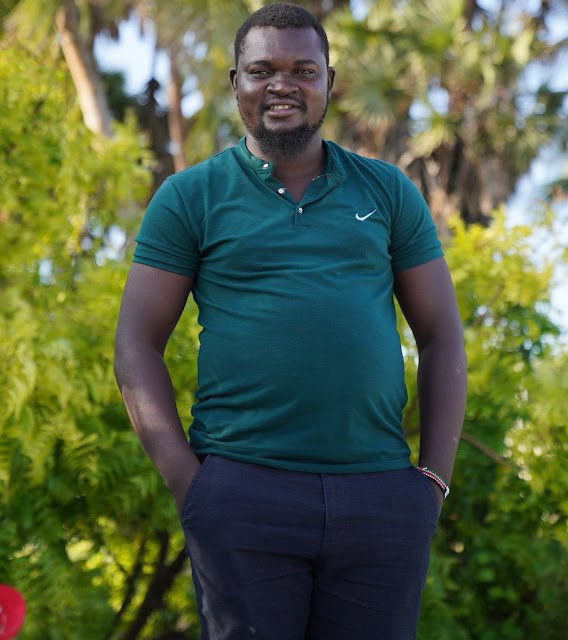There is public outrage in Kenya as autopsy has revealed that a blogger was strangled in police custody.
Protests erupted in Nairobi on Monday and Tuesday over the death of Kenyan blogger Albert Ojwang, who was found dead after being in custody at the location on Sunday.
Ojwang was arrested on Friday in Homa Bay, Western Kenya and driven 400 kilometres to the capital, Nairobi, said fellow activists during a news conference outside the Nairobi Funeral Home, where they came to pay their respects to the family. The group says his post about the deputy police chief Eliud Lagat on X (Twitter) was the reason for his arrest.
Mr. Ojwang, a digital creator who microblogs on X and Facebook on topical political and social issues, was arrested in Homa Bay, a town in western Kenya, last Friday.
The 31-year-old, who is also said to be a teacher, was detained over a post on X that was allegedly critical of Deputy Inspector General of Police Eliud Lagat.
According to the police, he injured himself by banging his head against the wall in his cell. However, an autopsy conducted yesterday Tuesday indicated that Ojwang was strangled in police custody.
However, according to government pathologist Dr. Bernard Midia, Ojwang sustained multiple injuries consistent with assault, not self-harm.
“When we examined the pattern of the injury, especially on the trauma, I found it on the head. Hitting against a blunt substance like a wall would have a pattern,” Dr. Midia said during a press briefing.
How it all happened:
On Saturday, 7th June 2025 Albert was picked up by DCI officers on motorbikes while having lunch at his father’s home. He was taken to Mawego Police Station, briefly held there, then placed into a vehicle and driven to Nairobi. While on the way, he managed to call friends and inform them that he had been arrested. Back home, his father immediately boarded a PSV to Nairobi, carrying a title deed he planned to use as surety for bail.
Later that night, around 9pm, Albert called again. He said he had arrived in Nairobi and was being taken to Central Police Station. After that call, his phone went silent. Friends who rushed to Central Police Station arrived at 9:40pm. They were told Albert was at the station, but no one was allowed to see him.
On Sunday Morning, 8th June 2025 when friends and family returned to the station the next morning, they were informed that Albert was dead. From that moment, police began giving contradictory statements about the time he was booked, how he died, and even where his body was.
New Evidence
Albert told friends he was at Central Police Station at 9:30pm. So why was he only booked in at 2:35am? Where was he for those five hours? Was he taken elsewhere, beaten, and brought back half-dead or worse? If the OB records say he was already dead by 3:45am, why are police still insisting he died later at Mbagathi Hospital in Nairobi? And if the body was at City Mortuary all along, why did police lie the entire day, claiming it was at Mbagathi? The timeline is broken. The police version of events keeps shifting. Everything about this feels like a cover-up one that’s falling apart by the hour.
Activist Ndungi Githuku said “What the members of the (Ojwang) family are saying is that, they have seen the body, the lawyer has also said he has seen the body, and there is more than one injury on his face on his hands and the body so how could he have hurt himself like that?”
Kenya Police said that the Independent Policing Oversight Authority (IPOA) had launched an investigation into the incident. Police Inspector-General Douglas Kanja said that officers who were on duty when Ojwang died in custody would also not be returning to work while they await the outcome of the investigations.
Amnesty Kenya has also said in a statement that Ojwang’s arrest raises serious questions, and that the results of the IPOA report must be made public and any officers found responsible must be held fully accountable.
Albert Ojwang’s death continues to spark outrage online and has renewed calls for protests to demand accountability from the government. This incident comes almost one year after several activists and protestors were killed and abducted by the Kenya Police during the finance bill protests in 2024.
And Economic frustration remains high, despite the proposed taxes being scrapped last year.




